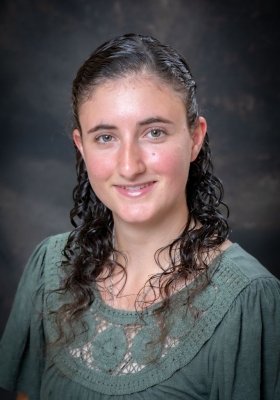Data Science (3+2 Dual Degree)

Our partnership with the University of Massachusetts Dartmouth offers a dual-degree program in which students complete three years of undergraduate study in mathematics and data analytics at Salve, followed by two years in UMass Dartmouth’s graduate program in data science.
Although our minor in data analytics is especially useful to students majoring in business, biology and mathematics, it will ultimately enhance the educational experience and marketability of any student majoring in a discipline that deals with data.
Dr. Ernest Rothman, professor and chair, Department of Mathematical Sciences
Our program provides a robust foundation in computer programming, data mining and machine learning, preparing students for leadership positions in data analytics, information management and knowledge engineering.
At Salve, students take courses in computer science, data science and analytics, mathematics, physics and statistics, along with courses in the liberal arts. At UMass Dartmouth, they explore the emerging fields of data analytics and discovery informatics, which integrate mathematics and computer science to quantify and manipulate information in fields such as science, engineering, business, sociology or health care.
Students who successfully complete the program earn a bachelor’s degree in mathematics with a minor in data analytics from Salve and a master’s degree in data science from UMass Dartmouth.
Career Paths in Data Science
The National Academy of Sciences (NAS), the National Association of Colleges and Employers, Business Insider and others cite data science among the fastest-growing and highest-paid career fields. By 2040, it's likely that most jobs will require basic data science skills, while millions of new jobs will become available to highly skilled data scientists, the NAS predicts. Business Insider reported data scientist as the best job in America based on recent surveys considering job satisfaction, job availability and median base salary.
Possible industries include:
- Business: Data analytics, product transactions and customer engagement
- E-commerce: Data aggregation, customer interactions, product sales data
- Finance: Personal banking, investment portfolios
- Government: Enabling research, mobile applications and data visualizations
- Health care: Digital health records, treatment effectiveness, patient health initiatives
- Social networking: User analytics for advertising and new applications
- Science: Analyze large amounts of data to form observations and conclusions
- Telecommunications: Data aggregation and service analytics
Degree Options
Bachelor of Arts in mathematics with a minor in data analytics
Meet Our Data Science Faculty
In the classroom, our faculty - all of whom hold advanced degrees in a discipline within the mathematical sciences - help students hone their reasoning and problem-solving skills with a challenging curriculum that explores the fundamentals of data analytics, mathematics, statistics and computer science.



